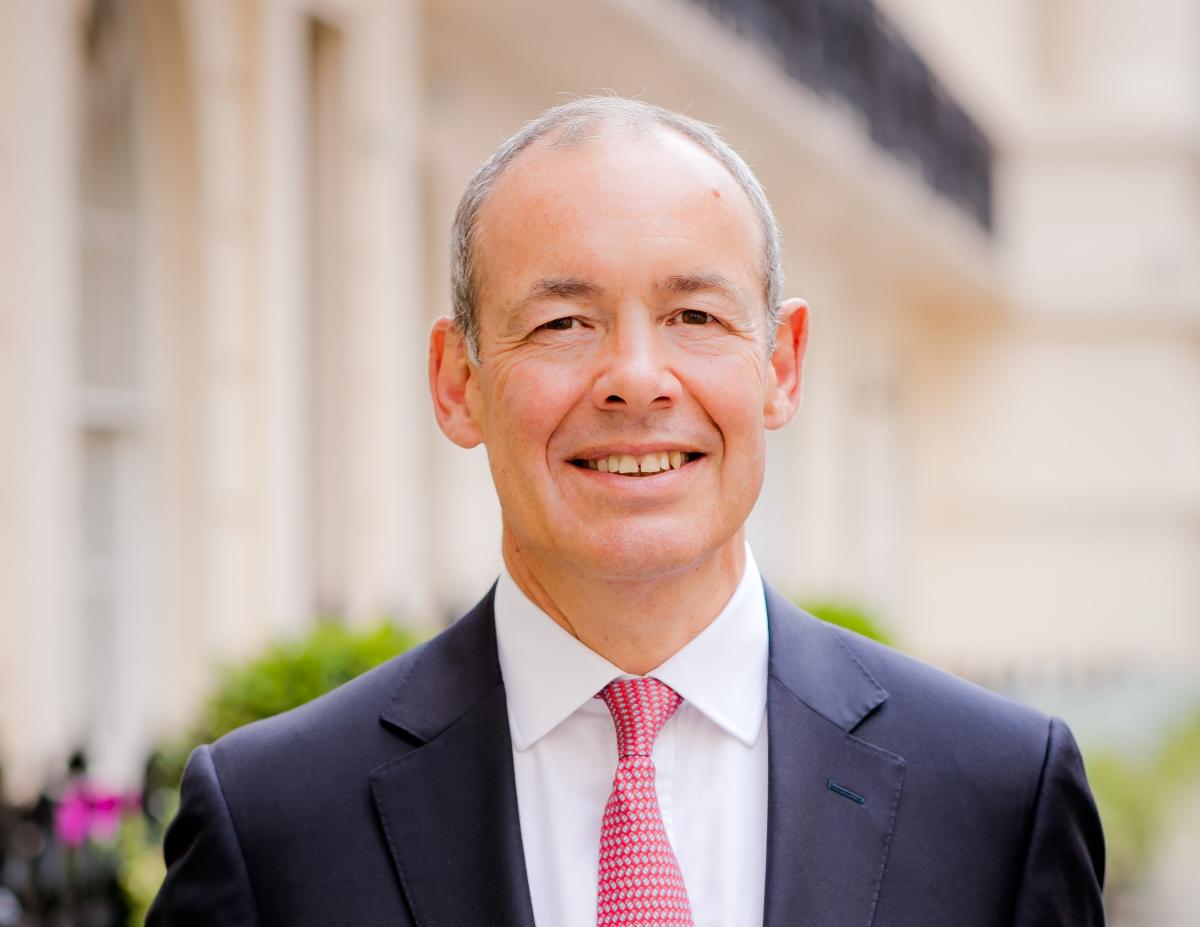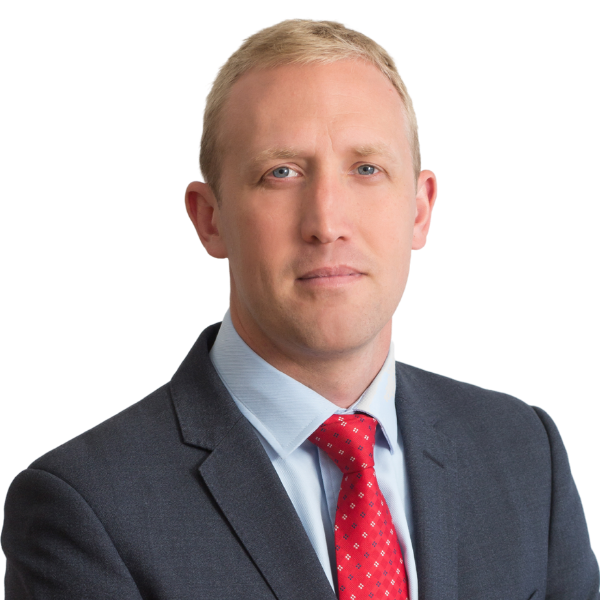Why the pure single family office could become ultra-exclusive

The acquisition of the $2.8 billion London-based family office Sandaire by Schroders did not come as a shock to some family office principals who say they anticipate further consolidation as financial institutions seek inroads into the $5.9 trillion family office space and family office principals near retirement age.
However, those principals acknowledged that the very wealthiest of families would always want their own financial services managed directly and discreetly inhouse, regardless of mounting business costs and uncertain investment returns.
CampdenFB asked family office commentators for their thoughts on what the Sandaire deal means for the family office space: Tom McCullough (pictured top), chairman and chief executive of Northwood Family Office, Chris Merry (pictured middle), chief executive of Stonehage Fleming, and Greg Harris (pictured bottom), managing director of private client services at Maitland Group.
 What is your reaction to the acquisition of Sandaire by Schroders?
What is your reaction to the acquisition of Sandaire by Schroders?
McCullough: I’m not totally surprised. Large investment firms are actively trying to figure out how to get into the holistic advice business and it is often hard—culturally and practically—to start from scratch. For many firms, they will choose to buy versus build. Sandaire is a top-quality family office and will clearly enhance Schroders’ abilities in this important growth area.
Do you think the deal is a sign of more family office consolidation to come?
McCullough: I believe there will be more consolidation, but at the same time there will be more family offices being set up. Given the increasing client demand for holistic one-stop management, many larger investment firms will buy a multi family office to get a jump start in the integrated wealth advisory business.
Harris: We have seen significant consolidation in the TCSP [trust or company service provider] and IFA [independent financial advisers] markets over recent years, and I expect that this will likely be mirrored in the family office market as well. The costs of doing business continue to increase and scale does help to make these costs manageable.
 Is it inevitable a single family office will evolve into a multifamily office as SFO interest in co-investments and its subsequent need to recruit specialist knowledge increases while operational costs want to be kept under control?
Is it inevitable a single family office will evolve into a multifamily office as SFO interest in co-investments and its subsequent need to recruit specialist knowledge increases while operational costs want to be kept under control?
McCullough: I don’t think single family offices will necessarily evolve into a multi family office. They are two completely different animals. An SFO is a service office for one family; an MFO is, generally, a business that looks after many families. Not many families (who currently have an SFO) want to be “in the business of running an MFO”. On the other hand, I do believe that many SFOs will shut down and transition to an independent multi family office, as their long-term family office manager approaches retirement, as family goals diverge by branch or generation, and as costs increase in an already very expensive service model.
Merry: The very wealthiest families will nearly always want their own, dedicated family office, but I think we will see families more frequently combining it with using selected services of a multi family office to access its broader range of expertise and operating platform. Stonehage Fleming is happy to work alongside others and we don’t believe a single family office needs all possible areas of ‘in house’ expertise.
Harris: No, I think some families will continue to see value in maintaining their single family offices.
 Do you believe the larger a family office gets the more distant it goes from the families’ interests?
Do you believe the larger a family office gets the more distant it goes from the families’ interests?
McCullough: I suppose that could ultimately be true, but most family offices are relatively small, and certainly much smaller than most of the private bank and wealth management alternatives. Family offices also tend to have a very low client to staff ratio so they have a close ear to client interests.
Merry: In short, no. The key to ensuring a family office doesn’t become distanced from its clients, due to its size, is team structure and culture. Having strong Lead Client Relationship Managers building relationships and taking responsibility, well connected teams and information flows, together with a strong “client-first” culture, ensures that we can remain close to the families’ interests as we grow in size.
It goes without saying that with the increased complexity of managing multi-jurisdictional and multigenerational wealth in all its forms, input from multiple specialist advisers is required. Having a larger family office with extensive ‘in house’ expertise allows us to ensure the correct advice is implemented in our families’ best interests. Other advantages include economies of scale, a more sophisticated operating platform, a greater diversity of expertise and the invaluable practical experience of advising other families. Local presence combined with a global reach enables firms to have a deep understanding of the cultural, language, legal, tax and regulatory challenges multi-jurisdictional families face.
Harris: No, I think that a larger organisation allows the client's advisers better access to the resources that they best need to better serve the client's interests. The individuals servicing the client can provide a highly personalised service irrespective of the organisations size. Ultra-high net worth families have complex needs and multi-disciplinary firms are well equipped to serve their needs, provided that the personal connection in maintained.
 How does your family office avoid getting out of touch with your family?
How does your family office avoid getting out of touch with your family?
McCullough: We meet with most of our clients in person, or via video conference these days, every quarter and we talk them frequently in between. Family offices are involved in many aspects of our clients’ lives, not just investments, so we end up being very closely connected with them on all of the issues of life.
Merry: Our ‘one-firm-firm’ culture helps all our areas of expertise work seamlessly together, bringing the whole of Stonehage Fleming to the benefit of the family, continuously adapting to our client’s needs. Multiple contact points act as one thinking from the perspective of the client, rather than seeing things through the prism of their own expertise. It is the creation of a framework, with communication at its core, which enables consistent, good decision-making on all family issues.
We are deeply involved from the start, identifying their purpose of wealth, their values, and what they are trying to achieve, to then being able to build a narrative around their history, and understand their ‘DNA’ and mentality towards assets and risks.
To ensure the successful management of collectively held assets usually requires collective decision-making, and we are fully involved in a families’ decision-making process to ensure all decisions align with their objectives and values, whether this is via in-person or virtual meetings. We also work very closely with the next generation—running dedicated educational programmes, offering coaching, mentoring and bespoke training.
 The family office state of play
The family office state of play
The family office space continues to evolve in maturity and sophistication, as The Global Family Office Report by Campden Wealth has charted over the years.
Family office principals told Campden researchers they aimed to further diversify their portfolios, with “significant numbers” reporting that they are planning to make larger allocations to developing market equities, private equity and real estate, the 2019 report said, which may require a diversification of expertise to maximise returns. The predicted increase in sustainable investing, from on average 19% of the average family office portfolio in 2019 to 32% within five years, may drive the hiring of specialists. The pandemic has also accelerated the value of investments in technology, a sector which requires its own skilled staff.
However, the cost of running a family office is significant. Campden researchers found the average operating cost for a single family office in 2019 was $5.7 million, up from $5.2 million in 2018. Yet the average operating cost for a multifamily office in 2019 was $9.8 million, less than $10.4 million in 2018.
Even before the financial repercussions of the coronavirus outbreak were felt, family offices’ average investment portfolio struggled to meet expectations in nine out of 13 asset classes in the first half of 2019 compared to the same period in 2018. More than half (55%) were already prepared for a global economic downturn in 2019, before Covid-19—45% realigned their investment strategies to mitigate risk and 42% increased their cash reserves.
Sharing costs and knowledge between families makes co-investments attractive. More than two-thirds (67%) of respondents told Campden Research that family office demand for co-investment deals would likely increase over the next 12 months in The Private Equity Investing and Co-Investment Activity by Family Offices report.






